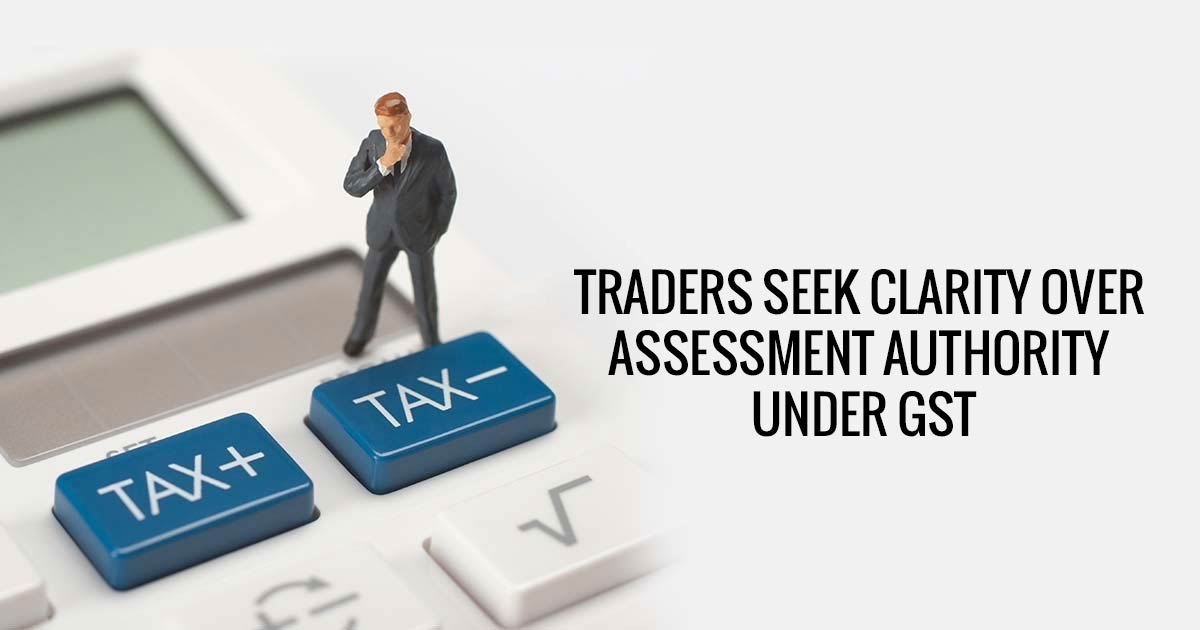It’s been more than one year since Goods and Services Tax (GST) came into existence. But still, there are problems in implementing it. The jurisdictional overlap between the field officer of Central and State government is still the big affair.
GST Council chaired by Finance Minister Arun Jaitley decided that based on the turnover of the business, the work must be divided between the Central and State government, the confusion over the responsibility has emerged again, due to the new notice issued in October, 2018 which permits both the central and state government to investigate and take strict actions against tax evaders.
The original council work division stated that, State Government will audit and inspect the 90 percent of all individual whose turnover is Rs 1.5 crore or less, and the remaining 10 percent will be done by the Central Government and the individual whose turnover is more than Rs 1.5 crore will be audited and inspected by both the Central and State Government in a 50:50 ratio. And each individual will be evaluated by only one authority.
A senior officer indulged with GST implementation says that individuals wish to deal with Central Services because they are experienced in handling Service Tax and refunds. Central indirect levies, including excise duty, service tax, State-level and local levies as well as value-added tax, were merged under GST. Therefore, to deal with all components of indirect taxation, the officers are trained.
There are notable differences between State and Central authorities also in Administrative Service and Indian Revenue service officials. The recent change in the assessment policy made a lot of confusion in between almost 80,000 IRS officers from both Central and State government.
While preparing for GST roll-out in July 2017, the Finance Ministry restructured the field offices of central excise and service tax. Besides, the former Central Board Excise and Customs (CBEC) and now Central Board of Indirect Taxes and Customs (CBIC), and the states also restructured their VAT and excise officers.
Anup K Srivastava, Indian Revenue Service, President, IRS (C&CE) Association, believes that the “concerns raised have been, by and large, addressed as the tax assessee base is expanding and there is much more role for the cadre. Besides, we had feared that the posts will be diverted, but this did not happen.”
H Rajesh Prasad, Commissioner VAT/GST, Delhi Government, have similar views and feels that the changes will be seen in the medium to long-term. “Once return filings and invoice matching takes off, compliance will improve as also revenue buoyancy,” he adds.
Vanaja N Sarna, who was the first chairperson of CBIC, says, “Yes, discussions and deliberations did happen. But we had to adopt a long-term approach. We had to see how things would be at the ground level. And today we find that the Central officers have more cases than States.”
Read Also: GST Council Secretariat Instructs Six States to Quickly Set up AAAR
Will technology-GSTN influence the hiring of IRS staff in the coming time? Sarna replied, “Well, not immediately. A human face will be needed. The cadre restructuring work is in progress. Earlier cadre restructuring was done logically, but now, with practical knowledge from the ground with GST implementation, we can see the adjustment of staff between GST and customs formation accordingly. Besides, there has been an appreciable increase in work on the customs side, which also needs to be re-looked at, from an additional staffing point of view.”
In the middle of all these differences, the new circular has been circulated by CBEC, giving both the Central and State officials the authority to inspect cases.
Traders think that “one authority” fundamental of GST was better than the “two authority” which may lead to harassment, so they raised their voice against this decision.
The issue has been taken to the Finance Minister said Praveen Khandelwal, National Secretary General, Confederation of All India Traders. To get his attention, Khandelwal wrote to the Finance Minister.
Bimal Jain, Chairman, Indirect Taxes Committee, Ph.D. Chamber, thinks “that at any point of time, the judgment by two authorities will ignore the principle of ease of doing business and traders will find it difficult to obey the prescribed norms, being answerable to two tax authorities.”
